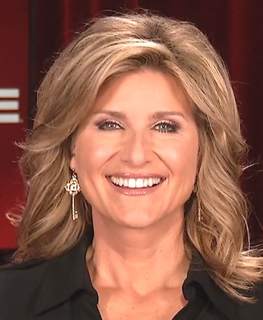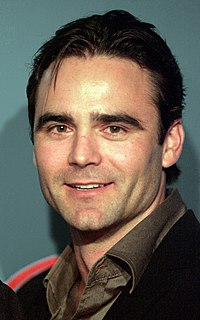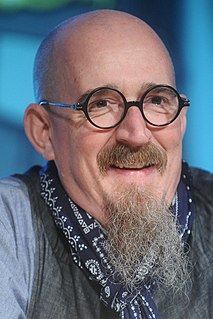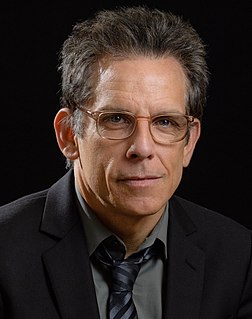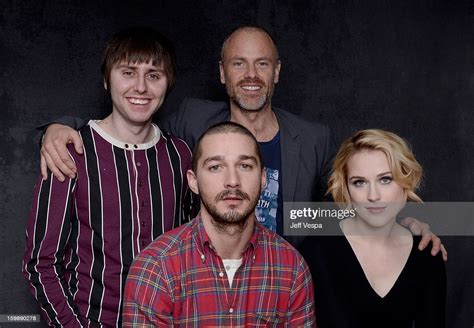A Quote by Jonathan Coulton
I very easily decide in certain situations that I'm an outsider. That's just my own craziness. I think that I have sympathy for those characters who are like that, but I love it when the humor comes from a character who is serious about his situation - only the way he's thinking about it is all wrong, or the ways he's solving his problems are never going to work.
Related Quotes
I think there's always pieces of yourself that bleed into your character. That's inevitable. In some ways, we have similarities, but in other ways, we're completely different. It's hard to say because I'm an actor living in a world where we're all pretty privileged, and this guy is fighting for his life. They're very different circumstances. Within those circumstances, there are probably ways that we react to certain situations that are similar.
One of the reasons Batman works as a character is that it's not beyond possibility that he could exist - you could become Batman if you had a billion dollars at your disposal. There's nothing paranormal or superhuman or supernatural about that character. And I think his villains work the same way. You could be one of his villains just as easily.
Never think that wars are irrational catastrophes: they happen when wrong ways of thinking and living bring about intolerable situations ... the root causes of conflict are usually to be found in some wrong way of life in which all parties have acquiesced, and for which everybody must, to some extent, bear the blame.
[Albert Camus] started thinking through sensation. He could never think with artefacts or with cultural models because there were none. So it's true to say that his morality was extremely 'lived', made from very concrete things. It never passed by means of abstractions . It's his own experience, his way of thinking.
Don't think about what the market's going to do; you have absolutely no control over that. Think about what you're going to do if it gets there. In particular, you should spend no time at all thinking about those rosy scenarios in which the market goes your way, since in those situations, there's nothing more for you to do. Focus instead on those things you want least to happen and on what your response will be.
The endeavor of being a foreign correspondent means that you will never be their equal. And that has its pros and cons. Were you to be an insider in a particular society, then you would be one of them, and the way you would write about that society would be very different. When you're brought up in a certain way, you have certain blind spots to the things going on in your culture. There is an illumination the outsider brings to a place or a situation that cannot be duplicated.
Danny Boyle has been a huge, has had a huge effect on me. His movies, early movies like Trainspotting and those movies. So I've always loved the energies of those movies. But also, that they are very focused on the characters. Cause it's not only gimmickery, it's not only about visuals. You feel a real need, a love for the main characters. So that's what I've always loved about watching movies myself.
Samuel Beckett is the person that I read the most of - certainly the person whose books I own the most of. Probably 800 or 900, maybe 1,000 books of just Samuel Beckett. By him, about him, in different languages, etc. etc. Notebooks of his, letters of his that I own, personal letters - not to me, but I bought a bunch of correspondence of his. I love his humor, and I'm always blown away by his syntax and his ideas. So I keep reading those.
Because the Republicans are never going to turn on Trump so long as he still has his base, and he will continue to have his base so long as this idea that he is standing up for workers, it remains intact. And the only way that that gets eroded is if it isn't just about Russia all the time, but is also about those economic betrayals.


